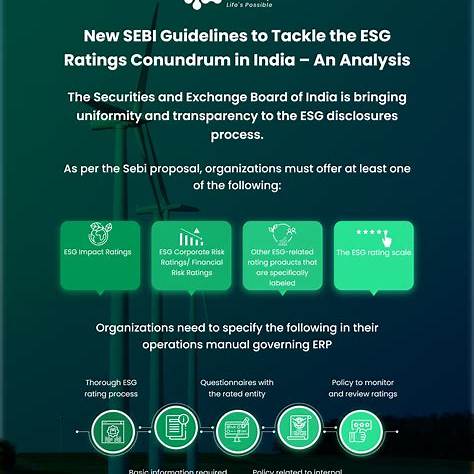March 25 – Sabah, located on the island of Borneo, is not only one of Malaysia’s most captivating tourist destinations but also a shining example of how nature and sustainability can coexist. Known for its rich biodiversity, pristine beaches, and vibrant culture, Sabah has become a hub for Environmental, Social, and Governance (ESG) tourism practices. This Malaysian state is now recognized for blending tourism growth with environmental conservation and community empowerment.
Sabah’s Unique Natural Attractions
Sabah is home to some of the world’s most treasured natural wonders. Highlights include:
- Kinabalu Park, a UNESCO World Heritage Site featuring Mount Kinabalu, Malaysia’s highest peak.
- The Danum Valley Conservation Area, one of the oldest rainforests in the world.
- Sipadan Island, internationally renowned for its crystal-clear waters and rich marine life.
- Numerous indigenous communities and cultural heritage sites that contribute to Sabah’s unique charm.
These attractions not only draw tourists but also highlight Sabah’s commitment to preserving its natural assets.
ESG Tourism: Environmental Focus
Sabah’s tourism sector actively prioritizes environmental sustainability. The state government, together with conservation NGOs and private sectors, enforces strict regulations to protect marine ecosystems, wildlife, and forests. Initiatives include:
- Marine Protected Areas (MPAs) to conserve coral reefs and marine biodiversity.
- Reforestation programs and anti-logging regulations to safeguard Sabah’s forests.
- Sustainable waste management and plastic reduction campaigns aimed at reducing the tourism sector’s environmental footprint.
These practices ensure that tourism activities do not harm Sabah’s delicate ecosystems.
Social Responsibility in Tourism
Another vital component of ESG tourism in Sabah is community involvement. Many eco-tourism projects engage local indigenous communities, providing employment opportunities and preserving cultural traditions. Examples include:
- Community-based homestays, where tourists experience local life while supporting villagers.
- Handicraft programs promoting traditional arts and crafts, contributing to local economies.
- Education and awareness programs for tourists on respecting local customs and natural habitats.
By prioritizing social welfare, Sabah ensures that tourism benefits local communities while preserving cultural heritage.
Governance & Sustainable Tourism Policies
Sabah’s government plays a critical role in promoting ESG-aligned tourism policies. The Sabah Tourism Master Planemphasizes sustainable tourism growth, balancing economic benefits with environmental protection. Partnerships with international conservation bodies further reinforce governance frameworks and ensure transparent, responsible tourism development.
Conclusion
Sabah stands as a model of how ESG principles can be effectively integrated into the tourism industry. Through its commitment to environmental preservation, social inclusion, and strong governance, Sabah offers tourists not only breathtaking natural experiences but also the assurance that their travels contribute to a sustainable future.






